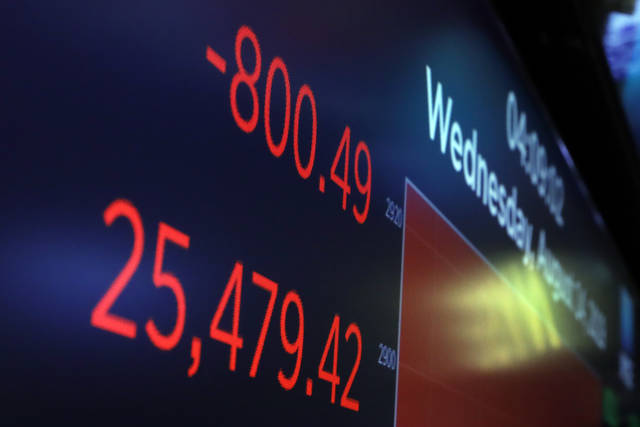Recession isn’t a blood-soaked word like murder or rape or stabbing. There will probably never be a slasher movie that starts with a dropping stock price or a devalued dollar.
But that doesn’t mean recession isn’t a terrifying idea if you understand what it means. (And maybe more if you do.)
If you don’t know, it can become one of those words that were on a test in high school you didn’t really study, or it’s an idea that relative who always has a death grip on the stock report rails about at Thanksgiving. It’s a math thing, a money thing, a business thing like inflation, which you know is bad, or low interest rates, which are good or bad depending on whether you need money now or want money later.
For the record, a recession is a dip in the economy. It’s a natural part of the cycle. The economy can’t just keep growing any more than a balloon can, and for the same reason. Eventually, everything reaches its breaking point.
A recession is generally defined as a downturn for two quarters in a row. Stretch that out a few quarters longer and you have the real horror story: a depression. A recession is more of a psychological thriller — scary, but survivable, especially if acknowledged honestly and managed responsibly.
Which is why the scariest part of the recent economic indicators is those who are playing the slasher film’s next victim, the ones who seem to be calmly taking a shower without acknowledging the ominous knife-holding shadow on the curtain.
On Aug. 6, President Trump’s chief economic adviser, Larry Kudlow, dismissed questions about a global recession and pushed the idea that the U.S. economy is a world-powering engine stronger than the trade war between America and China.
On Wednesday, Treasury yields dropped to a 12-year low, dipping however briefly below a line that has previously shouted “beyond this place there be recessions.” That came fast on the heels of the latest volleys in the president’s trade war with China.
There are pro and con arguments on the trade war. There are different schools of thought on other aspects of the White House economic positions — things like interest rates and tax cuts. When it comes to the plot points, you can differ on how you think the story should be told.
But the facts aren’t up for debate. Like that horror movie heroine, you can’t fight off the oncoming danger if you don’t acknowledge the shadows that are closing in on you.
And the fact is there are economic shadows on the wall.








